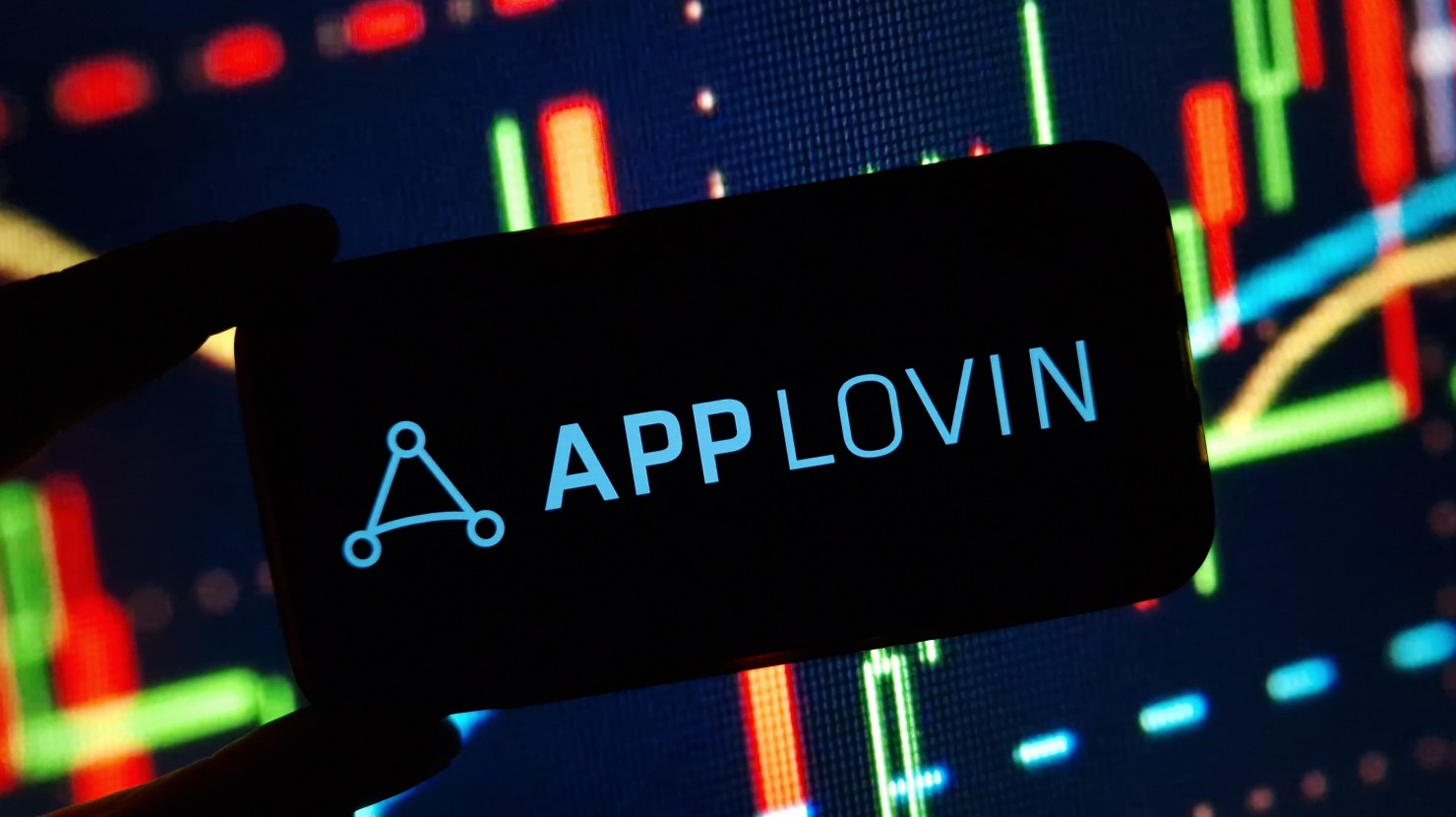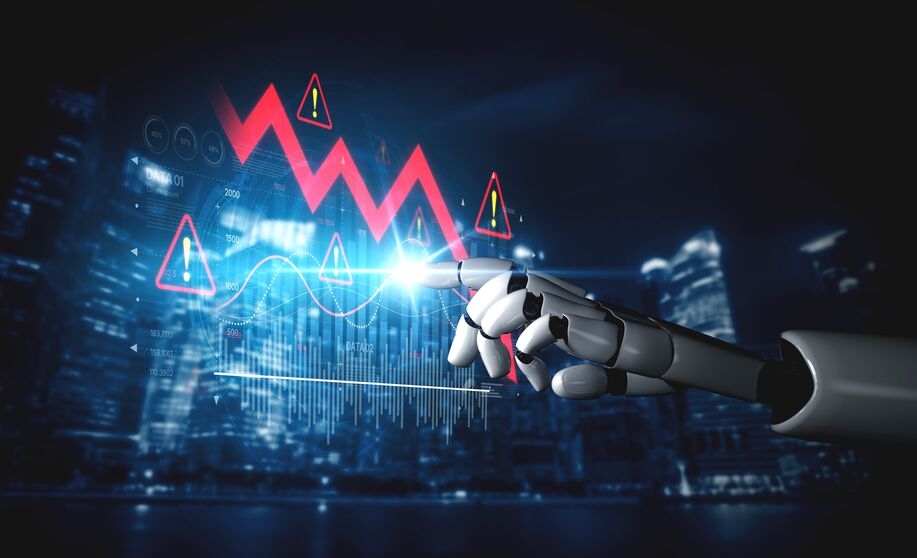【Reuters Analysis】Why forecasters stand firm on shifting economic sands: McGeever

The opinions expressed here are those of the author, a columnist for Reuters
By Jamie McGeever
ORLANDO, Florida, Feb 13 (Reuters) - In a world where information, money and asset prices move faster than at any time in history, one key element of financial markets remains resolutely resistant to change: forecasting.
Whether it is economists' inflation outlooks or analysts' predictions for where the S&P 500 will end the year, forecasters are notoriously slow to change their views, regardless of the weight of evidence that may be mounting against them.
Take the economists at Citi. They are still calling for a year-end fed funds rate of 3.25% - essentially five quarter-point cuts by December – under the assumption that inflation will keep slowing.
Yet this week's U.S. inflation report was the latest in a series of recent economic indicators suggesting the Federal Reserve will not be cutting interest rates anytime soon.
Rates futures markets are now pricing in only one more cut this year, which would leave the "terminal" fed funds rate above 4.00%. If anything, suggestions that the Fed's next move will be a hike are gaining traction.
Are the economists at Citi truly seeing something that others - including the Fed - aren't? And how does this outlier call feed into other key house views on GDP, the dollar or Treasuries?
This isn't to dunk on Citi's economists. Their reasoning is cogent and clear, and it may yet be proven right. It's just a prime example of how forecasters often remain wedded to their views longer than seems rational.
STICK TO YOUR GUNS
Having the courage of one's convictions is admirable, but only for so long. Some market analysts have been predicting dollar debasement, a collapsing U.S. bond market and hyperinflation for decades. If any of these things finally do happen, will these forecasters be "right" after being "wrong" for so long? Are perma-bears predicting the bursting of equity bubbles "right" if the crash comes 10 years later?
And does getting an out-of-consensus call right actually mean you were smart, or simply lucky? As Oaktree's Howard Marks once observed, this "industry is full of people who got famous for being right once in a row."
So why are forecasters so loath to update their priors? The prosaic truth is wheels of change turn slowly at big institutions, and on a personal level, admitting you "got it wrong" is difficult.
There is, of course, the other extreme, exemplified a year ago by Barclays economists, who changed their call on the timing of the first Fed rate cut three times in a month, only to eventually end up where they started. This also does not seem like a prudent strategy.
'OVERPRECISION'
Many studies on behavioral economics, such as those by Daniel Kahneman, have sought to explain the psychology around forecasting. One from last year stood out: "Overprecision in the Survey of Professional Forecasters" by Sandy Campbell and Don A. Moore at University of California, Berkeley.
Campbell and Moore analyzed 16,559 predictions of major U.S. economic indicators in The Survey of Professional Forecasters, the collection of forecasts that has served as a kind of national benchmark since 1968. They found that forecasters reported 53% confidence in the accuracy of their forecasts but were correct only 23% of the time.
That's better than Howard Marks' "once in a row," but it's still not great.
Forecasting is ultimately not a science, and as former Fed Chair Alan Greenspan alluded to about the dollar, getting it right is often no more than a coin flip. In many cases, the direction of travel counts more than the destination.
Perhaps the best forecasters are the ones who are willing to adapt and who never forget how likely it is that they will be wrong.
(The opinions expressed here are those of the author, a columnist for Reuters.)
Where US rates markets think the Fed is headed https://reut.rs/41ek4Vl
U.S. annual CPI inflation https://reut.rs/4jR7lPv







